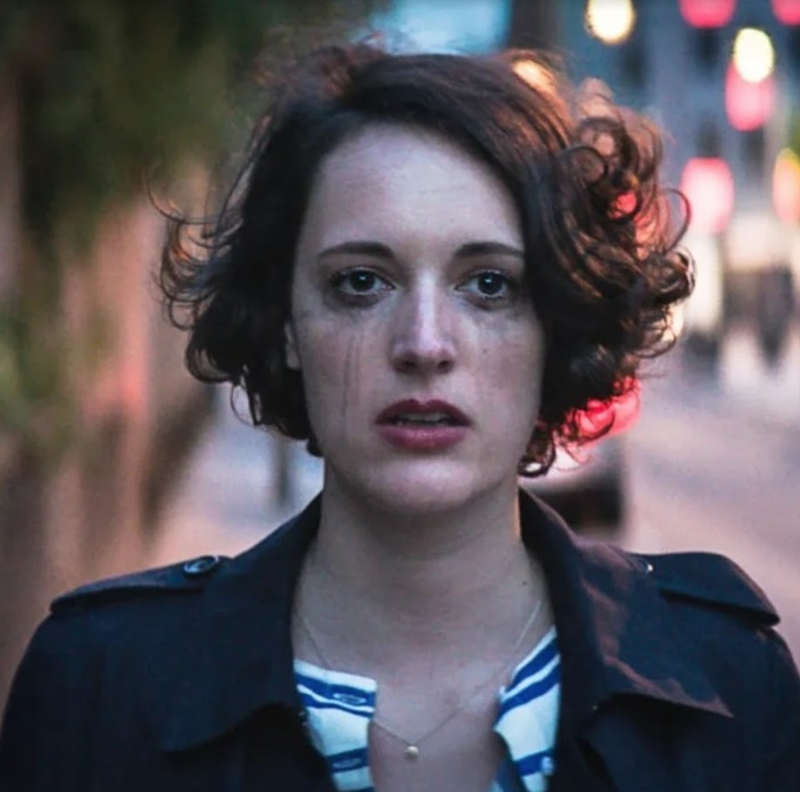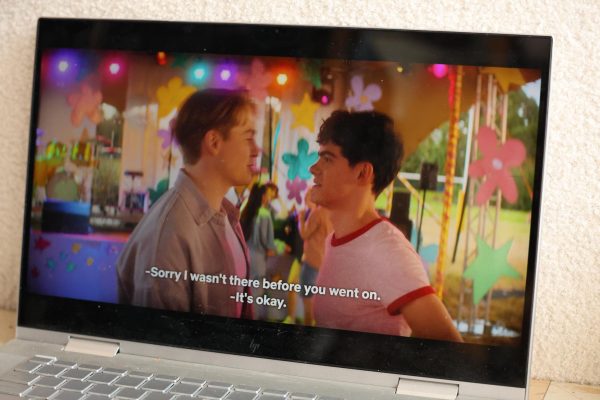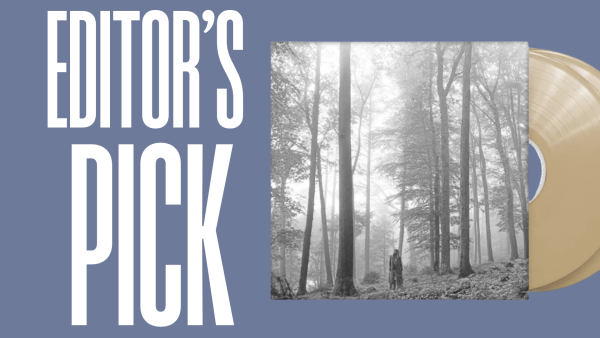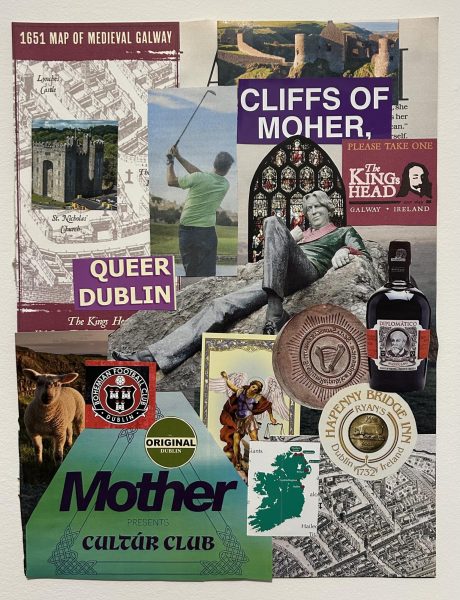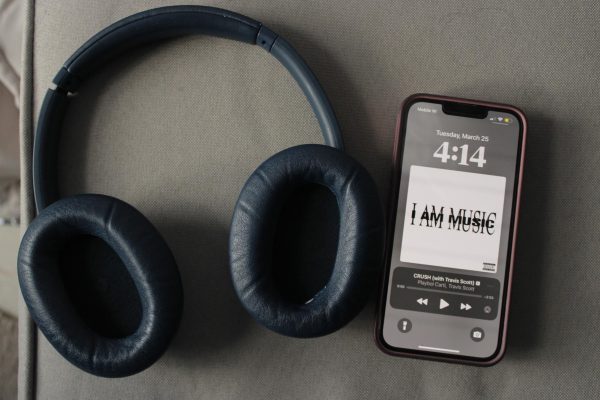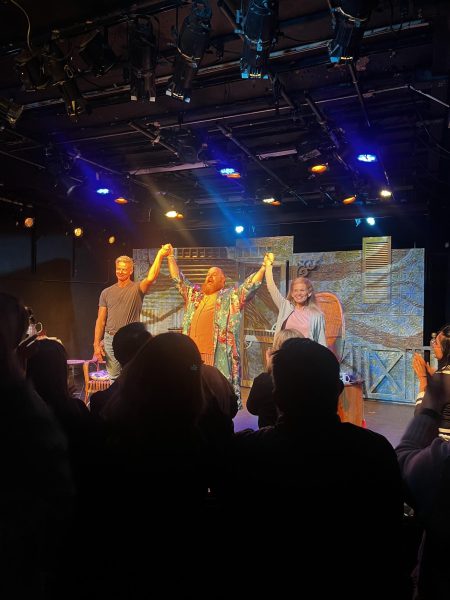Every Woman Shouldn’t Have To Be An Anti-Hero
“It must be exhausting always rooting for the anti-hero.”
Um, actually it’s not. I love it. I like to be a little nervous when I’m watching TV — the edge of my seat is my favorite place to be. And when I’m watching my beloved anti-heroes, I feel no shortage of anxious energy.
Anti-hero shows are a form of escapism. I know I’m never going to be a mob boss like Tony Soprano, a cartel lawyer like Saul Goodman and I am 100% positive I’ll never be a cartoon horse and washed-up sitcom celebrity acting opposite esteemed character actress Margo Martindale like Bojack Horseman. Yet I love being immersed in their high-stakes worlds, knowing that I can easily shut off my screen and resume my normal life.
An anti-hero “is characterized as a rebel who stands apart from society and societal expectations.” Technically, by this definition, not all anti-heroes are blood-thirsty, money-grubbing people — but aren’t they more fun that way? This more extreme understanding of the anti-hero in our common lexicon is, in large part, thanks to the era of prestige TV. Prestige TV is defined by a provision of a more elevated watching experience to the viewer; it isn’t simply turning on the television and watching anything that’s on. No, it’s more like engaging with an art form.
But think about who is often excluded from this anti-hero conversation… female characters, of course! Though show creators definitely experimented with archetypes in the first decade of this new TV era, they didn’t really test the waters in terms of whose perspective they were telling these stories from. Thankfully, in recent years there has been a shift to more female-centric stories. Some examples are Annalise Keating of “How to Get Away With Murder,” an alcoholic lawyer covering up dangerous secrets; Elizabeth Jennings stars as a KGB agent living in 1980s’ D.C. in the criminally underrated “The Americans;” and Eve and Villanelle as the morally compromised intelligence agent and the assassin she’s meant to find in “Killing Eve.”
That said, when TV critics and pop culture writers so thoughtfully shed light on the plight and disregard of the female anti-hero, they often do so in a sexist way and miss the point of their existence entirely. Pop culture writers will sometimes deem very normal, if chaotic, female characters as anti-heroes. They are put in the same category as Russian sleeper agents and international assassins, when in actuality they’re just normal people making the same stumbles as you and me. In championing female anti-heroes, writers indict regular women.
No character embodies such ironic analysis as the main character of the eponymous show “Fleabag.” I won’t get into specifics lest you haven’t seen it yet (though you really need to fix that), but the gist of the show is that Fleabag has a struggling career, makes terrible decisions and falls in love with the wrong people. That sounds pretty… normal, right? So why do these characteristics make her “unlikable”? Why do they make her an anti-hero?
On the perception of her main character, creator and star of “Fleabag” Phoebe Waller-Bridge said, “I think that a woman not giving a s**t about what people think in a certain moment — being undercutting or self-aware —weirdly means that she’s a profoundly unlikable person.” Women are already held to such high standards in society — the way we think, behave and look is dictated by a white patriarchal system. The list of expectations we must strive to meet is both endless and endlessly contradictory, so we can’t help but fall short of meeting them. We can’t help but fall outside of society’s accepted margins and consequently become anti-heroes just by living our ordinary lives.
To give you another example, and I’m so sorry for what I’m about to say here, but… take a look at the show “Girls.” Yes, yes, I know! The show is insufferable, but please bear with me here for a second. What is “Girls” about? It’s about women trying to grow up and become the people they want to be. For six dreadful seasons, we watched the four most annoying girls to ever traipse around the Big Apple live their lives as emotionally messy twenty-somethings.
Are they annoying? Yes. Does that make them anti-heroes? No. They are just young women learning to live in this complicated world of ours, and for all her many, many flaws, creator and star of the show Lena Dunham is somewhat admirable (I’m sorry) for her portrayal of such realities. “Girls” doesn’t shy away from the raw, naked (literally) truth of growing up, and that makes people uncomfortable, but it does not make the characters societal subversives.
In this sexist understanding, aren’t all women anti-heroes?
No one can deny that Fleabag and the characters of “Girls” are chaotic and polarizing, but they are also enigmatic and charming in their own flawed ways. They may be unlikable, but that doesn’t make them anti-heroes.
There is another interesting paradox in how we see male versus female anti-heroes: We are supposed to like our difficult female characters in spite of their “terrible” qualities, but we love male characters because of them. Viewers watched Tony Soprano kill a man with his bare hands, yet he and the adjective “unlikable” are not inextricably linked. But female characters sometimes throw their friends under the bus and cheat on their partners. Yet, they are the moral disgrace?
I don’t mean to condemn the anti-hero archetype, as it is an important and entertaining trope that lets viewers analyze the different moral and ethical gradients of our not-so black and white world. But the regular women we see on screen do not deserve that title. Unlikeable does not equate to criminal; annoying and unpleasant women are not on the same moral level as murderous men, and we should not give them labels that suggest as much. There are definitely female anti-heroes, but we need to be more thoughtful about which women deserve that title. We need to think about why we are relegating normal characters to be among such dangerous company just because they do not meet our ideal standards of womanhood.

Nicole Braun is a senior from Saddle River, N.J. and she is thrilled to be a member of Volume 105! Her love for writing and editing led her to begin writing...



































































































































































































